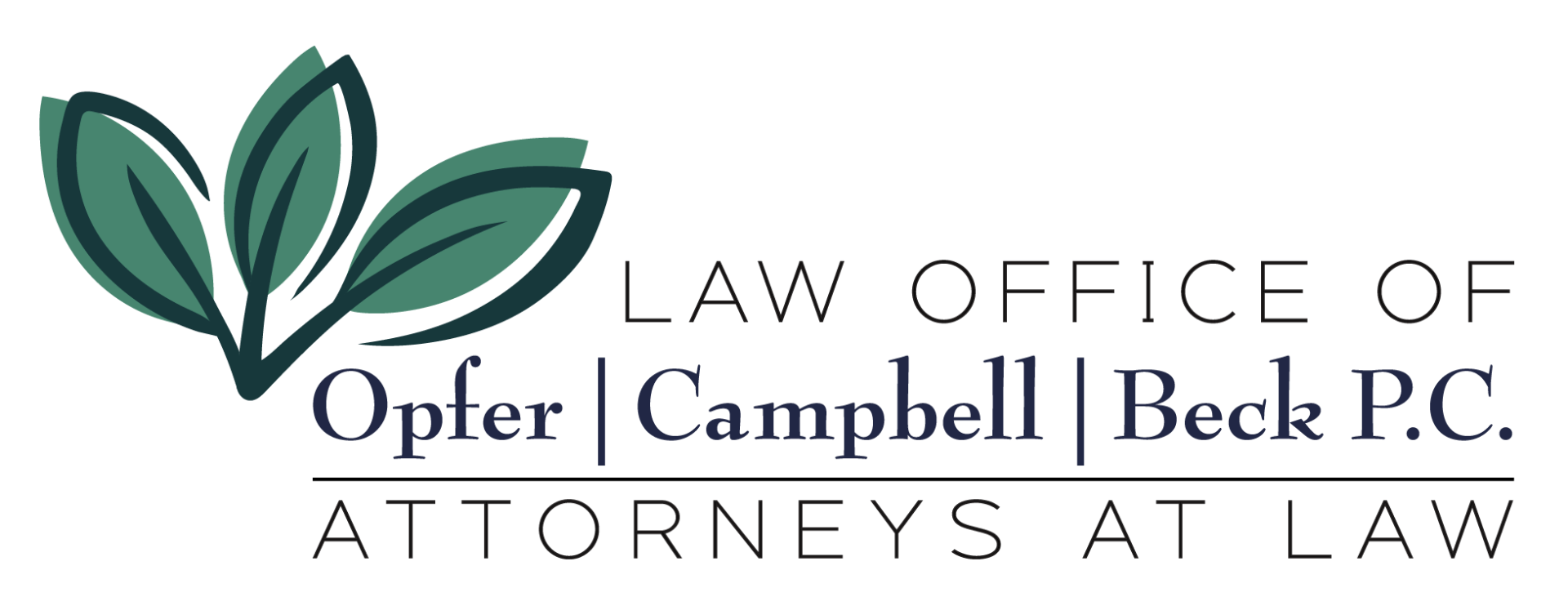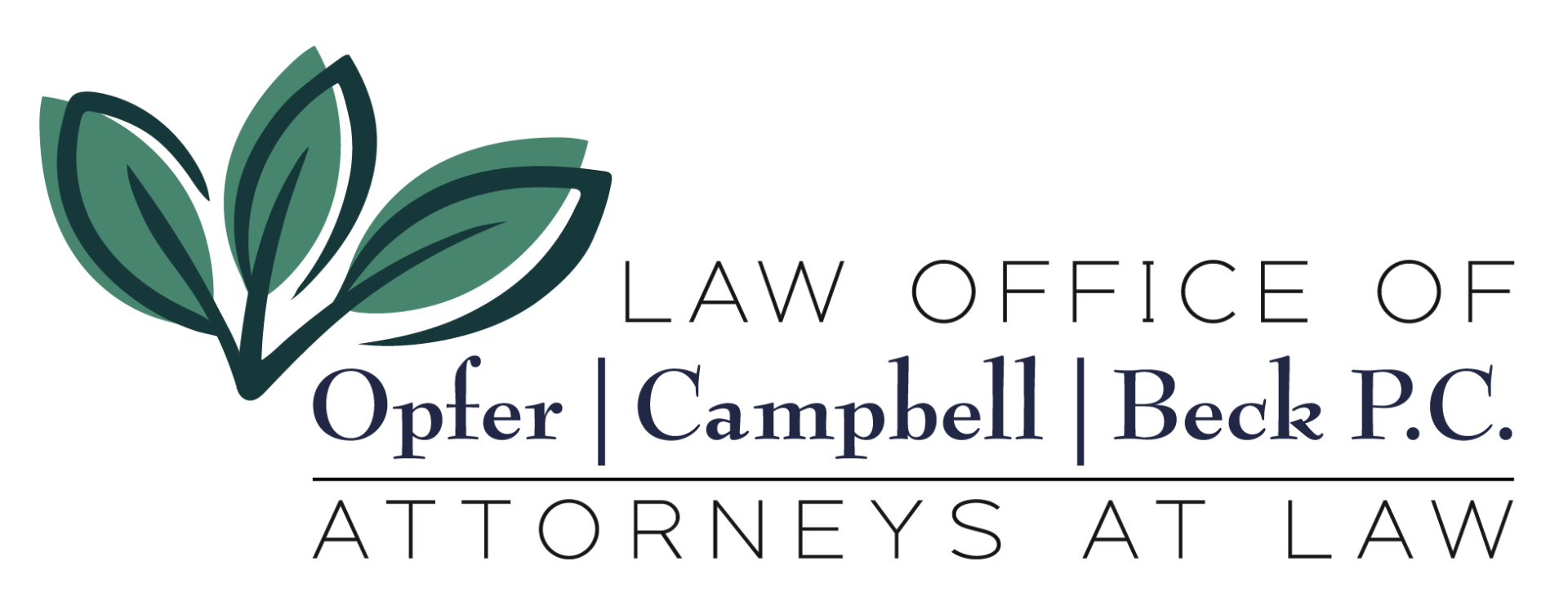By Christopher Opfer
•
November 18, 2024
Homeowners’ Associations (HOAs) play a significant role in maintaining the quality and uniformity of communities across Colorado. While they can provide benefits like maintaining common areas and enforcing community standards, conflicts between homeowners and HOAs are not uncommon. Whether it’s a disagreement over a rule, a fine, or a request for a property modification, it’s important to know how to navigate these conflicts effectively. Here’s a step-by-step guide on what you should do if you find yourself at odds with your HOA in Colorado. Review the Governing Documents The first step in addressing a conflict with your HOA is to thoroughly review the governing documents. These documents typically include the Declaration of Covenants, Conditions, and Restrictions (CC&Rs), bylaws, architectural guidelines, and any rules, policies, or guidelines set by the HOA. Understanding the specific provisions that apply to your situation is crucial. These documents will outline the rights and responsibilities of both homeowners and the HOA, as well as the procedures for resolving disputes. Remember, your governing documents are essentially a contract between you, your neighbors, and the association. Document the Issue It’s important to keep a detailed record of the conflict. This includes saving copies of any communications with the HOA, taking photographs if the issue involves your property, and noting any relevant dates and interactions. Having a well-documented case will be invaluable if you need to escalate the matter or seek legal advice. Documentation will also often include requests for items from the association. Homeowners are entitled to have many pieces of information and documents made available to them under the Colorado Common Interest Ownership Act (CCIOA) including contact information for the board members as well as certain written communications and so many more. A complete list can be found in CCIOA C.R.S. § 38-33.3-317 and a request can be made pursuant to C.R.S. § 38-33.30317(2)(a). Communicate with the HOA Board Before taking any formal action, try to resolve the issue directly by communicating with the HOA board. This could involve writing a letter or requesting a meeting to discuss your concerns. Be clear and concise in your communication, and refer to the specific provisions in the governing documents that support your position. Often, open and respectful communication can resolve issues before they escalate. Attend HOA Meetings HOA meetings are an opportunity for homeowners to voice their concerns and hear the board’s perspective. If you’re facing a conflict, attending these meetings can be beneficial. Not only can you present your case, but you’ll also be able to gain insight into the board’s decision-making process and see if other homeowners share your concerns. Request a Hearing If your issue remains unresolved, you may have the right to request a formal hearing with the HOA board. This process is typically outlined in the governing documents. A hearing allows you to present your case in a more structured setting, and the board is required to consider your arguments before making a final decision. Seek Mediation In Colorado, many HOA conflicts can be resolved through mediation, which is often quicker and less costly than going to court. Mediation involves a neutral third party who helps facilitate a resolution between you and the HOA. This option is particularly useful for disputes that involve interpretation of rules or where both parties are willing to negotiate a compromise. At Opfer | Campbell | Beck P.C. we offer HOA-specific mediation services. File a Petition for a Special Meeting Under CCIOA and the Colorado Nonprofit Corporations Act, a homeowner or group of homeowners may file a petition with 20% of all homeowners having signed the petition requesting a special meeting of the members to address a specific issue or set of issues. This is not meant to be used for one homeowner to deal with one issue, but rather to force the board to take up an issue and hold a meeting about an issue that is pervasive or common on many homeowners. Before knocking on doors and asking for signatures, it is wise to attempt to simply ask the board to hold a meeting or put the topic on the agenda for the next meeting. If you or your fellow homeowners are considering pursuing a Special Meeting, we highly encourage you to talk to someone at our firm or at another experienced HOA firm as there are very specific requirements and processes that must be followed. Navigating this can be tricky, but we have the experience to help you. Understand Your Legal Rights Colorado has specific laws that govern HOAs, including the Colorado Common Interest Ownership Act (CCIOA) as was mentioned above. This law provides protections for homeowners and outlines the obligations of HOAs. Understanding your legal rights under CCIOA can help you determine whether the HOA is acting within its authority. If you believe the HOA is violating your rights or not following the proper procedures, you may have grounds for legal action. We offer free consultations do discuss your options. Consider Legal Action as a Last Resort If all other avenues fail, you may need to consider legal action. This could involve filing a lawsuit against the HOA seeking a declaratory judgment, for violation of CCIOA, or other legal claims. However, litigation should be considered a last resort, as it can be time-consuming and costly. Before pursuing this route, it’s advisable to consult with an attorney who specializes in HOA disputes in Colorado. Consult with a Specialized HOA Attorney Given the complexities of HOA laws and the potential for conflicts to escalate, consulting with an attorney who specializes in HOA issues can be a wise move. A specialized attorney can help you understand your rights, navigate the HOA’s governing documents, and represent your interests effectively. Whether you’re dealing with an unfair fine, a denied architectural request, or any other HOA-related issue, legal guidance can be crucial in achieving a favorable outcome. Conclusion Conflicts with your HOA can be stressful, but they don’t have to lead to prolonged disputes or costly litigation. By understanding your rights, communicating effectively, and following the proper procedures, you can resolve most conflicts in a way that preserves your relationship with the HOA and maintains the quality of your community. If you find yourself in a difficult situation, don’t hesitate to call or email us at Opfer | Campbell | Beck P.C. to schedule your free consultation. The right guidance can make all the difference in protecting your property and your rights as a homeowner. Together, we can help you bring the “community” back to the practice community association law.













